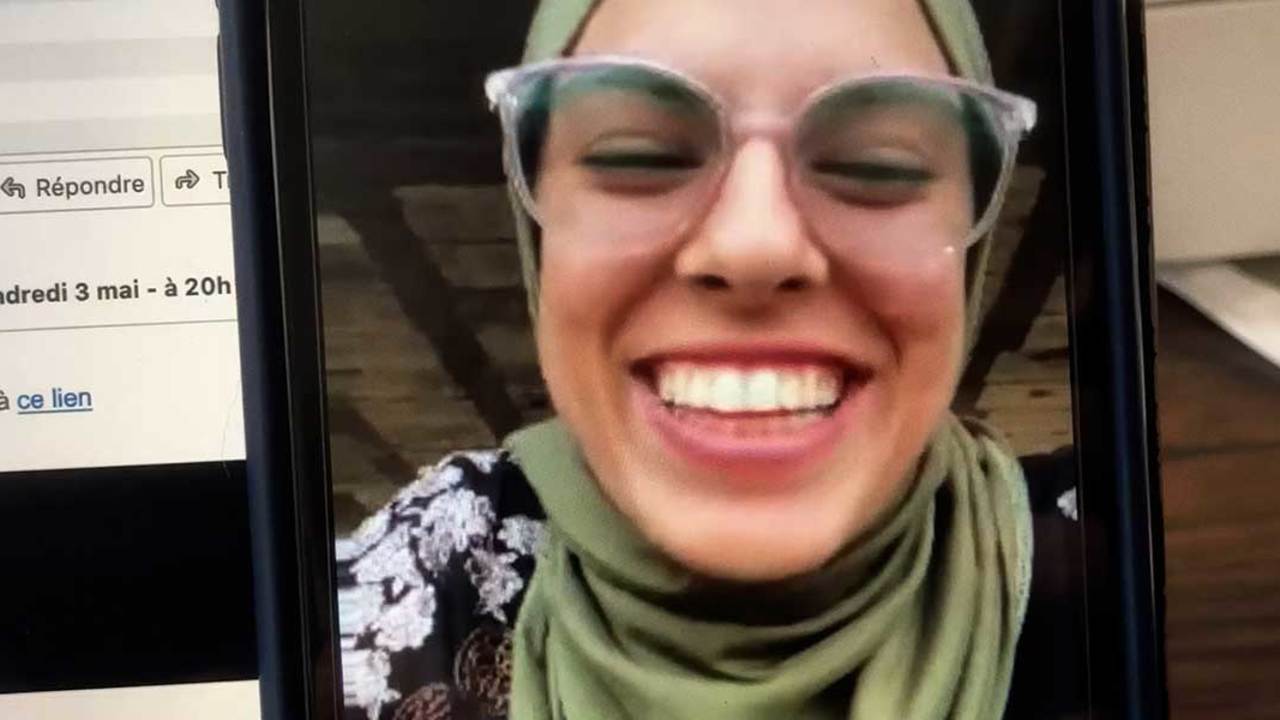Fatma Hassouna, a Palestinian photographer killed by an Israeli airstrike, developed a friendship by video call with filmmaker Sepideh Farsi for a dialogue that transcended current events to create a compelling work of art.

When we first meet Fatma Hassouna on screen, the 24-year-old Palestinian photographer has a smile that radiates joy, even as she’s living under horrific conditions of Israeli military fire and starvation in Gaza. We see her in April 2024 via a video phone call placed by the filmmaker Sepideh Farsi, an Iranian exile now living in Paris. Farsi felt helpless watching Israel’s bombing and blocking of aid in Gaza. With borders closed to journalists, she embarks on a year-long series of video calls with Hassouna, known affectionately as Fatem, a dialogue that forms a stirring work of art in this film.
Fatem is full of youthful enthusiasm for her photography, her fiance, and dreams she’d love to pursue if she weren’t living under siege. Her words are often poetic. The film’s title, “put your soul on your hand and walk,” is her phrase to describe living under constant bombardment.
Farsi is a generation older and has her own history of living under harsh conditions. As a teenager in Iran, she was imprisoned by the country’s government for several months for political activism. She and Fatem grow close quickly despite the differences in their age and experience. One year after their first meeting, Farsi had completed this film and it was announced that it would premiere during the Cannes Film Festival in the parallel showcase called ACID. The next day, the Israeli military fired missiles at Fatem’s apartment, killing her and several members of her family. Fatem’s killing is an immense tragedy. But her aspirations remain immortal in this film: “I must keep going and I must document everything. To be in this history. To be me.”
THOM POWERS
The topics in this film may inspire strong emotional responses. An Active Listener — someone who is empathetic, trauma-informed, and ready to hear from you — will be available virtually during and 30 minutes after the screening to provide support. If you’d like to speak to an Active Listener, please refer to the sign located on the theatre doors.
Screenings
Scotiabank 9
Scotiabank 11
Scotiabank 13